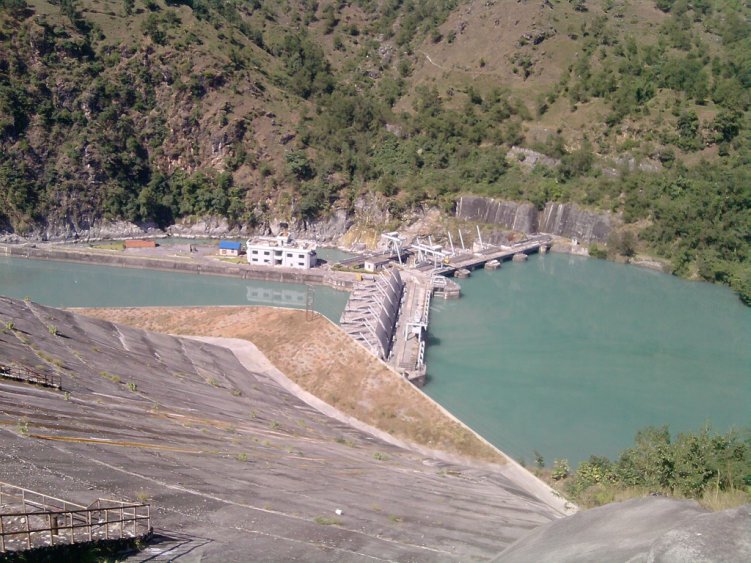With the highest rate of urbanization in South Asia and as one of the most vulnerable countries to climate change, Pakistan faces a range of complex challenges, including more frequent and intense flooding, declining economic productivity, and deteriorating public services. Growing dependence on groundwater, coupled with insufficient surface water recharge, is leading to severe localized groundwater depletion.
With support from the Asian Development Bank, the Government of Pakistan aims to upgrade and expand water and sanitation infrastructure in the cities of Sargodha and DG Khan, both of which face significant climate change-related challenges that impact combined drainage and sewer networks. The project has three major outputs:
- improving climate-resilient urban infrastructure and services,
- enhancing institutional capacity, operational efficiency, and gender inclusiveness of service providers, and
- creating greater economic empowerment opportunities for women in the WASH sector.
To assess the exposure and vulnerabilities of project components to potential climate risks, FutureWater will utilize advanced downscaled Coupled Model Intercomparison Project Phase 6 (CMIP6) ensembles, along with relevant hazard data and local information, to conduct a detailed Climate Risk Assessment (CRA). The insights gained will enable the Asian Development Bank (ADB) to implement effective adaptation measures and ensure climate-resilient development.
 HI-AWARE is one of four consortia of the Collaborative Adaptation Research Initiative in Africa and Asia (CARIAA). HI-AWARE aims to contribute to enhanced adaptive capacities and climate resilience of the poor and vulnerable women, men, and children living in the mountains and flood plains of the Indus, Ganges, and Brahmaputra river basins through the development of robust evidence to inform people-centred and gender-inclusive climate change adaptation policies and practices for improving livelihoods.
HI-AWARE is one of four consortia of the Collaborative Adaptation Research Initiative in Africa and Asia (CARIAA). HI-AWARE aims to contribute to enhanced adaptive capacities and climate resilience of the poor and vulnerable women, men, and children living in the mountains and flood plains of the Indus, Ganges, and Brahmaputra river basins through the development of robust evidence to inform people-centred and gender-inclusive climate change adaptation policies and practices for improving livelihoods.


